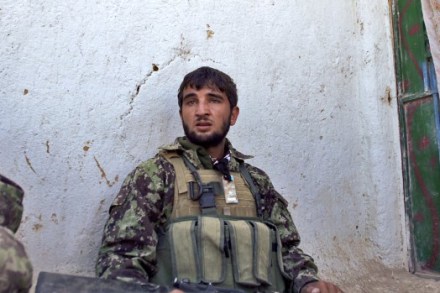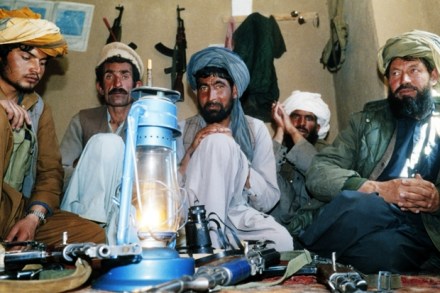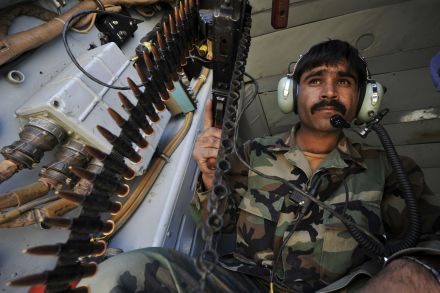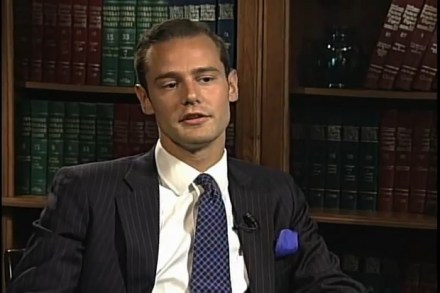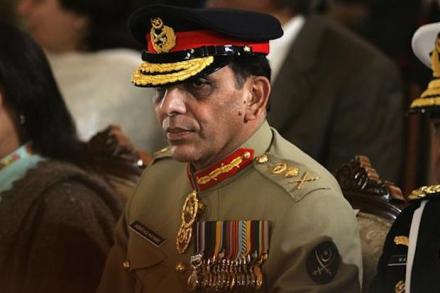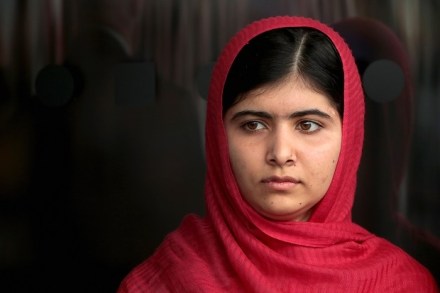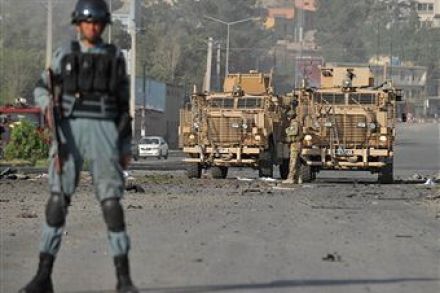Could the Taliban become a useful ally against Islamic State?
For the better part of a decade, Nato forces fought a bitter war against the Taliban in Afghanistan, which claimed the lives of thousands of troops – including 453 members of Britain’s Armed Forces – and left thousands more seriously maimed by roadside bombs and other devilish devices. So it is perfectly understandable that anyone who has had the least dealings with this ugly conflict, from politicians to the families and friends of those who participated, should recoil in horror at reports that senior members of the Taliban are now actively participating in negotiations that could ultimately see them become members of the Afghan government. The Nato mission to Afghanistan,


